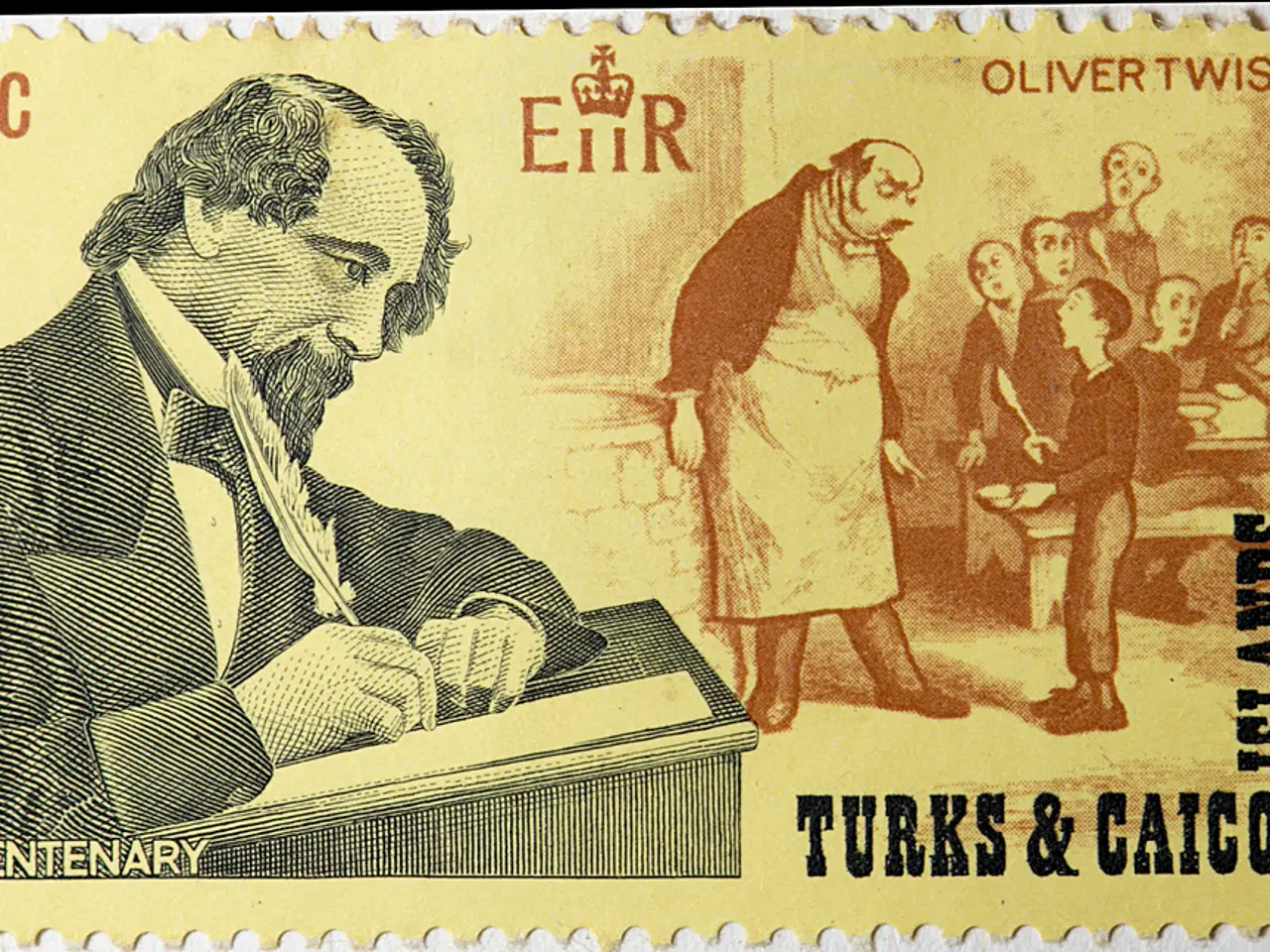Discussion Ensues between Romanian Prime Minister and Municipalities Regarding forthcoming Adjustments to Local Governance Structures
Romania's Second Package of Reforms: Aiming for Fiscal Consolidation
The Romanian government is pushing forward with a second package of reforms, focusing on local administration reforms, state-owned enterprise reforms, and fiscal-budgetary measures. The package, scheduled for approval by the end of the month, is intended to reduce Romania's record-high budget deficit and bring about substantial changes in public spending, tax collection, and local services.
Local Administration Reforms
The reforms target a 20% reduction in jobs within local public administration. This move aims to improve efficiency and reduce costs. The government also plans to increase decentralization, transferring more responsibilities and budgetary control to local authorities. Amendments to the legal framework regulating taxes levied on buildings are also on the table, with the aim of adjusting local tax collection mechanisms. Additionally, the resizing of local police forces is under consideration to optimize their structure.
State-Owned Enterprise Reforms
The government aims to improve the efficiency and financial sustainability of state-owned companies, many of which currently report significant losses. Reforms may include restructuring and stricter oversight to reduce fiscal burdens these enterprises place on the state budget.
Impact on Public Spending and Tax Collection
The second package builds upon the first one, which included austerity measures such as VAT and excise hikes, freezing pensions and salaries in the public sector, and health insurance contribution changes. The current package aims to further curb the budget deficit by both reducing public sector employment costs and increasing fiscal revenues through adjusted tax rules. Tax reforms within this context include increases in VAT (from 19% to 21%) and other fiscal adjustments targeted at capital taxes and capital transfers.
Implementation and Political Context
The Romanian Prime Minister, Ilie Bolojan, has emphasized the urgency of passing the second package quickly, warning of sanctions from the European Commission if delays occur. The government plans to proceed with the reform package through parliamentary assumption of responsibility, a fast-track procedure without a full parliamentary vote. The reforms are considered complementary to the first package and crucial to avoiding fiscal default amid high financial pressures expected in the fall of 2025.
Social and Political Reactions
The reform measures have triggered protests from various sectors unhappy with the austerity impacts. A trade unionist has criticized the government for austerity policies, pointing out the contradiction between demanding compliance from companies and citizens while some state-owned companies incur large losses.
The government is continuing decentralization efforts, working on improving local tax collection, and increasing the efficiency of public services. The 20% cut of the personnel in the local administration might be replaced by a combination of lower individual incomes and fewer employees, as long as the overall payroll drops by 20%. The reforms are expected to address social frustration by showing more efficient use of public money. The government is also analyzing proposals for the property taxation reform, a commitment assumed through the PNRR.
Consultations with local public administration representatives will continue in the coming period. The Anghel Saligny scheme's budget this year is RON 10 billion (EUR 2 billion), out of which RON 3.6 billion should cover invoices filed by contractors last year. The scheme would need further RON 4.5 billion (EUR 0.9 billion, just over 0.2% of GDP) to continue the financing of all projects. The goal of the public administration reform is to reduce public administration personnel expenditures.
[1] Local Administration Reforms [2] State-Owned Enterprise Reforms [3] Impact on Public Spending and Tax Collection [4] Implementation and Political Context [5] Social and Political Reactions
- The local administration reforms in Romania involve a 20% reduction in jobs, aiming to improve efficiency and lower costs, as well as increased decentralization, tax changes for buildings, and potential resizing of local police forces as part of the policy-and-legislation efforts.
- State-owned enterprise reforms aim to enhance the financial sustainability of these companies, which often report significant losses, through restructuring and stricter oversight to alleviate fiscal burdens on the state budget, falling under the broader scope of personal-finance and fiscal-budgetary measures.
- The second package of reforms in Romania targets both reducing public sector employment costs and increasing fiscal revenues through adjusted tax rules and austerity measures like VAT increases, impacts on personal-finance and the general-news landscape.




